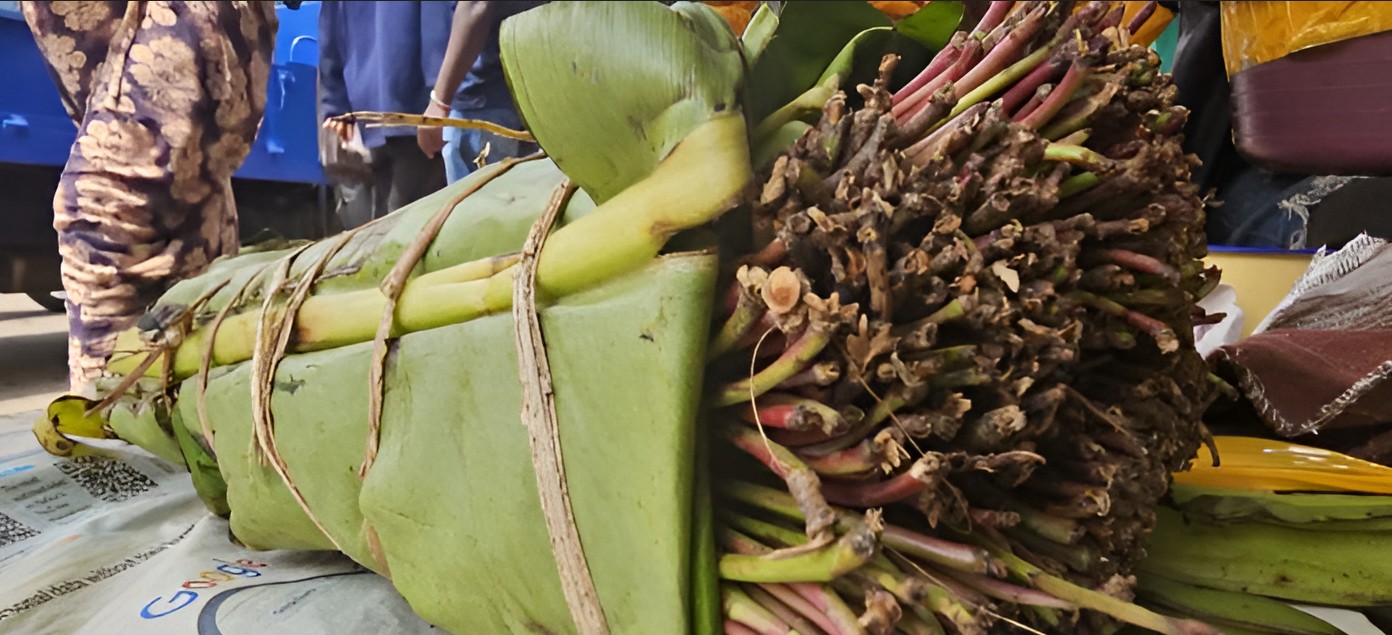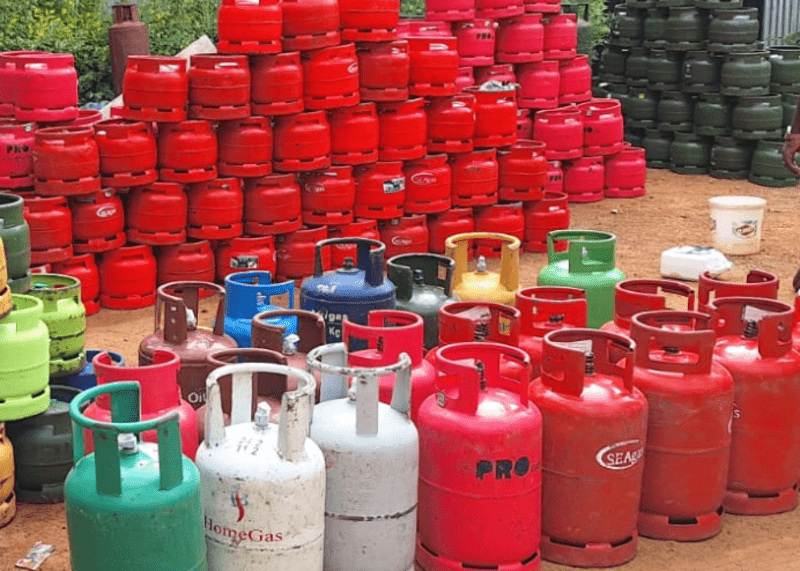Grade 10 textbook supply at risk as Sh11 billion debt stalls printing

According to the Kenya Association of Manufacturers (KAM), the sector is grappling with an unpaid Sh11 billion owed for printing and publishing Grade 8 and 9 books since 2022.
The inability of the government to settle longstanding bills is creating a major crisis for Kenya’s textbook publishers and printers, who warn that learning materials for Grade 10 may not reach schools on time.
According to the Kenya Association of Manufacturers (KAM), the sector is grappling with an unpaid Sh11 billion owed for printing and publishing Grade 8 and 9 books since 2022.
More To Read
- KAM CEO Tobias Alando warns instability in Tanzania threatens regional trade
- No more certificates for Grades 6 and 9 learners under new education policy
- MPs demand fresh audit of Sh11.6 billion KICD textbook pending bill over distribution discrepancies
- Publishers warn Sh11.4 billion debt may delay Grade 10 textbooks ahead of senior school rollout
- Publishers plead with State to remove 16 per cent VAT on books
- CBE transition at risk as specialized teacher gaps widen
The unpaid amount has stalled production and threatens the smooth implementation of the Competency-Based Curriculum (CBC) as students prepare to move to senior school in January 2026.
KAM is calling on the government to make CBC textbook funding a priority in the national budget.
The Association says failure to release funds will disrupt the education supply chain, as publishers and printers cannot continue production without payment. The delay also affects paper and paperboard manufacturers and importers who rely on consistent orders from the printing sub-sector.
The association highlights that the success of government efforts to provide textbooks to schools depends on timely production by publishers and printers.
“It is therefore paramount for the government to urgently clear the pending bills to prevent a potential textbook supply crisis in January 2026 when schools reopen,” the Association's CEO, Tobias Alando, said.
KAM points out that the process of printing textbooks requires at least 60 days, with an additional 30 days needed for distribution.
Late contract issuance disrupts cash flow, forcing both publishers and printers to turn to expensive credit facilities.
“This debt has severely strained the financial operations of printers and manufacturers, posing a significant risk to the continued rollout of the CBC curriculum, especially for Grade 10 learners expected to transition to senior school in January 2026,” Alando said.
In addition to urging prompt payments, KAM has recommended that all Kenya Institute of Curriculum Development (KICD) contracts come with Letters of Credit to guarantee coverage for publishers and printers.
The group also wants contracts issued promptly, taking into account the time required for printing and distribution.
Most paper used for textbooks is imported, and printers purchase raw materials months before contracts are awarded.
KAM notes that in many cases, fully paid stock sits idle in warehouses for six months or more awaiting KICD’s allocation of printing jobs, creating unnecessary strain on cash flow.
“The standard credit period from suppliers is generally 90 days, starting from the Bill of Lading date.
However, 45-60 days are consumed by shipping and customs clearance, leaving only about 30 days after the goods are cleared. During this period, a significant portion of the supplier’s credit period has already elapsed,” Alando explained.
The printing sub-sector is critical in supporting the curriculum by producing textbooks and other learning materials.
KICD, funded by the state, awards contracts to publishers who develop, print, and supply approved books to schools. Publishers, in turn, contract printers to produce the books before distribution to schools nationwide.
Over the last six years, in line with the CBC framework, publishers have distributed over 200 million books, mostly to public schools.
Contractual arrangements link KICD payments to the successful delivery of books, making delays in clearing previous bills a major obstacle to ongoing production.
Top Stories Today











































